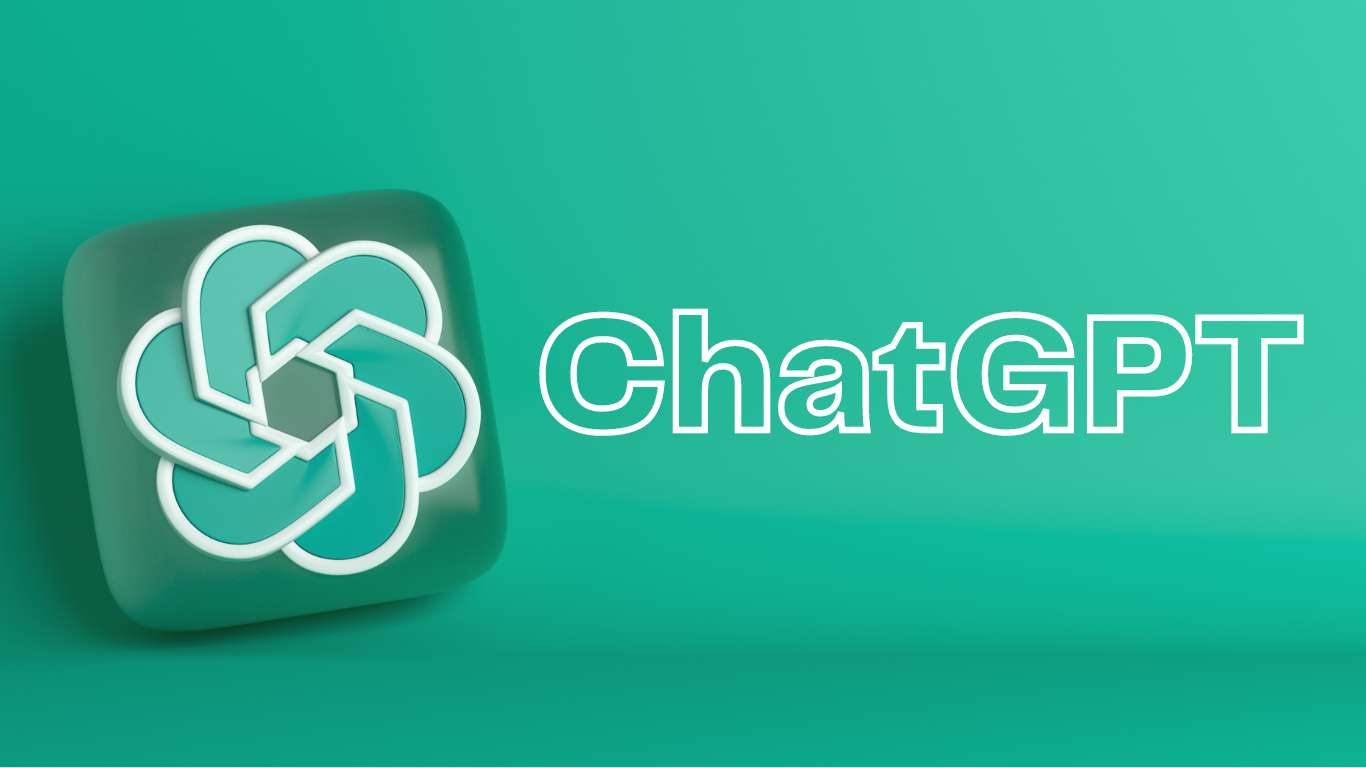Introduction
In today’s digital era, artificial intelligence (AI) has made remarkable advancements, enabling machines to perform complex tasks and interact with humans in more natural and conversational ways. One such revolutionary development is ChatGPT, an AI language model that has transformed the way we communicate with machines. In this article, we will delve into the world of ChatGPT and explore its capabilities, applications, benefits, limitations, and the future it holds.
What is ChatGPT?
“OpenAI has pioneered the development of ChatGPT, an innovative and advanced AI language model. It is built upon the GPT (Generative Pre-trained Transformer) architecture and designed to generate human-like text responses based on user inputs. Unlike traditional chatbots, ChatGPT leverages deep learning techniques to understand context, infer meaning, and generate coherent and contextually relevant responses.
The Development of ChatGPT
The evolution of ChatGPT is the outcome of extensive research and development endeavors spanning several years in the domains of natural language processing (NLP) and machine learning. OpenAI trained the model using vast amounts of text data from the internet, allowing it to learn the intricacies of human language and mimic human-like conversations. Through continuous refinement and fine-tuning, ChatGPT has evolved into a powerful conversational AI system.
How ChatGPT Works
ChatGPT works by utilizing a transformer-based architecture, which enables it to process and generate text in a sequential manner. When a user inputs a message or query, the model analyzes the text and uses its pre-existing knowledge to generate a relevant and coherent response. The model’s ability to contextualize and understand the nuances of human language makes its responses highly accurate and engaging.
Applications of ChatGPT
ChatGPT finds applications in various domains, including customer support, content creation, virtual assistance, and language translation. Many businesses leverage ChatGPT to provide instant and personalized customer service, while content creators utilize it to generate blog posts, articles, and social media content. Additionally, language translation services benefit from ChatGPT’s ability to quickly and accurately translate text between different languages.
Benefits of ChatGPT
The adoption of ChatGPT offers several benefits. Firstly, it enables businesses to enhance customer satisfaction by providing timely and relevant responses. ChatGPT’s natural language capabilities make interactions with users feel more human-like and personalized. Secondly, ChatGPT can assist content creators by generating creative and engaging content ideas, improving efficiency and productivity. Moreover, ChatGPT’s scalability allows it to handle a large volume of queries simultaneously, ensuring quick and efficient responses.
Limitations of ChatGPT
While ChatGPT has made significant advancements, it still has certain limitations. One limitation is its occasional tendency to produce incorrect or nonsensical answers. The model heavily relies on the data it was trained on, which means that if it encounters unfamiliar or ambiguous queries, it may generate responses that are inaccurate or irrelevant. Additionally, ChatGPT lacks true understanding and consciousness, as it primarily relies on statistical patterns and does not possess genuine knowledge or awareness of the world.
Ethical Considerations
OpenAI has pioneered the development of ChatGPT, an innovative and advanced AI language model. With ChatGPT, there are concerns about the potential for bias in its responses. The model learns from the data it is trained on, which may contain inherent biases present in the source material. It is crucial to address these biases and ensure that AI systems like ChatGPT promote fairness, inclusivity, and respect for diverse perspectives.
Future of ChatGPT
The future of ChatGPT is promising and holds immense potential. OpenAI is actively working on refining and expanding the capabilities of the model. They are investing in research and development to overcome its limitations and enhance its understanding of context, improve response accuracy, and reduce biases. Additionally, OpenAI aims to make ChatGPT more accessible and customizable, allowing users to fine-tune it for specific tasks and domains.
Conclusion
ChatGPT represents a significant breakthrough in AI technology, revolutionizing the way we interact with machines. Its ability to generate human-like responses and engage in meaningful conversations has opened doors to new possibilities in various industries. However, it is important to recognize its limitations and address ethical concerns to ensure responsible and beneficial use of this powerful technology.
FAQs
How does ChatGPT distinguish itself from other AI chatbots?
ChatGPT stands out from traditional AI chatbots due to its advanced language processing capabilities and the ability to generate more coherent and contextually relevant responses.
Can ChatGPT understand multiple languages?
Yes, ChatGPT has the ability to understand and respond in multiple languages, although its proficiency may vary based on the training data available for each language.
Is ChatGPT capable of generating creative content?
ChatGPT can assist in generating creative content ideas however, the model’s creativity is limited to the patterns it has learned from its training data.
How does ChatGPT ensure user privacy?
ChatGPT’s interactions are processed in real-time and do not store any personal data. User privacy and data security are essential considerations for OpenAI.
Can ChatGPT be used for malicious purposes?
Like any technology, ChatGPT can be misused. OpenAI takes precautions to minimize potential misuse and encourages responsible and ethical use of ChatGPT and similar AI systems.


